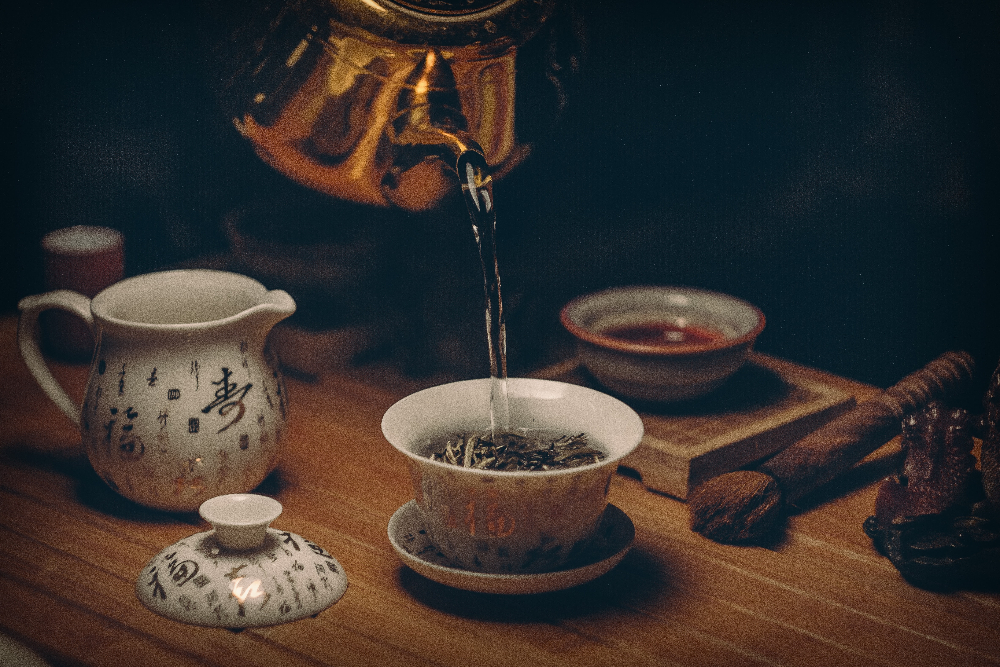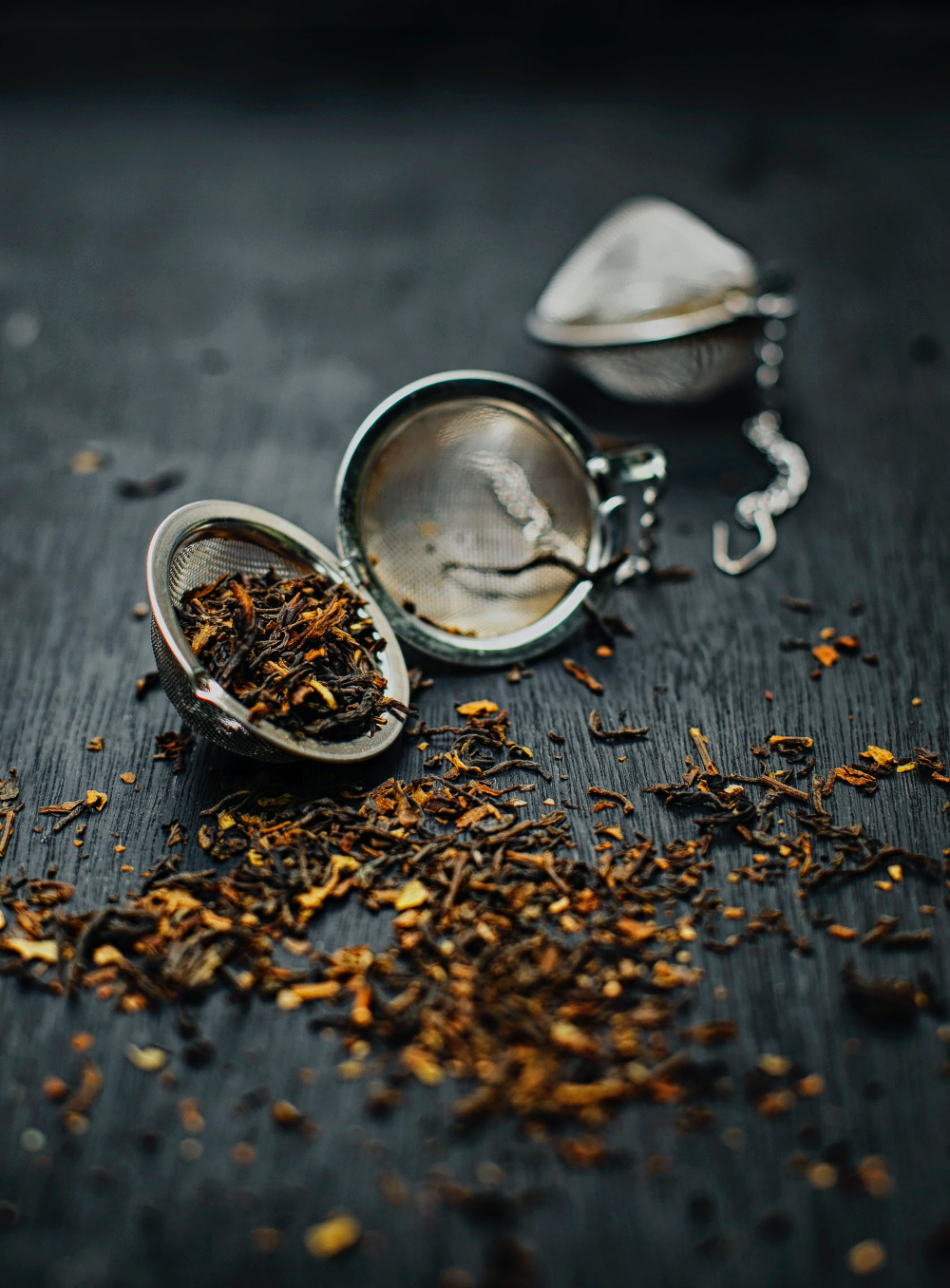Ayahuasca may not be as safe as other options for treating mental illness.
Ayahuasca is psychoactive tea that has been popular among South American indigenous people for centuries. It has been used for its positive effects of changing the mood, behavior, and thinking of the user in religious ceremonies with the guidance of a shaman. For the past two decades, Western scientists have developed an interest in this substance, and its use has spread to modern Western culture in the form of supervised ayahuasca retreats. The question is, can ayahuasca actually increase brain health, and what are its side effects?
The studies of Ayahuasca have included its effects on depression, stress, addiction, anxiety, and other mental health disorders. There have been positive results, such as improvements for those disorders and for sometimes providing feelings of euphoria.

However, little attention has been paid to date to the possible side effects of this psychedelic drug. Until a recent study at PLO Global Public Health took a closer look into the topic. Sixty-two participants in the study reported nausea and vomiting, while others experienced headache and abdominal pain. Close to half of the respondents reported having nightmares and troubled thoughts. Others claimed their perceptions were altered. People with existing health disorders and who used alcohol appeared to experience the most intense side effects – which is expected since ayahuasca is comprised of the hallucinogen DMT. So, do the potential positive effects on mental health and well-being outweigh the side effects of taking ayahuasca?
The essential side effects of this tea include fear, paranoia, a sense of panic, as well as vomiting, diarrhea, shaking, and sweating. These side effects can be exacerbated by the use of antidepressants. Studies have concluded that people with schizophrenia or those diagnosed with mental disorders should not be taking ayahuasca. It is also thought that heart problems such as high heart rate and blood pressure may be adversely affected by ayahuasca, especially if it is taken without the supervision of a trained person. There have been isolated reports of death.
Thanks to the many positive reports about the use of ayahuasca tea, especially in a properly supervised group setting, ayahuasca remains popular. The same positive effects, such as help in dealing with anxiety and depression, can be and have been achieved through drug treatments, and these drugs have been researched and tested for years to ensure their safety. Ayahuasca, while there are success stories, has not undergone these rigorous tests and trials.
Future studies may find that the controlled use of ayahuasca has more benefits than approved drug treatments, but these tests and trials have not yet taken place. More studies are needed to arrive at a conclusion about ayahuasca’s long-term safety and under what conditions.
The use of ayahuasca tea remains popular in Western culture as people attend ceremonies and believe that the benefits outweigh the adverse side effects. For the sake of safety, however, additional understanding and knowledge of how ayahuasca works on the brain and body may reduce the current risks. The same goes for other psychedelic drugs which have grown in popularity in the U.S. within the past year or so. While many believe that these “natural” alternatives are “better” for their health, it is important to fully research anything that one plans to consume ahead of time.
Sources:
Can Ayahuasca Boost Brain Health? The Side Effects May Temper the Benefits
Adverse effects of ayahuasca: Results from the Global Ayahuasca Survey


Join the conversation!